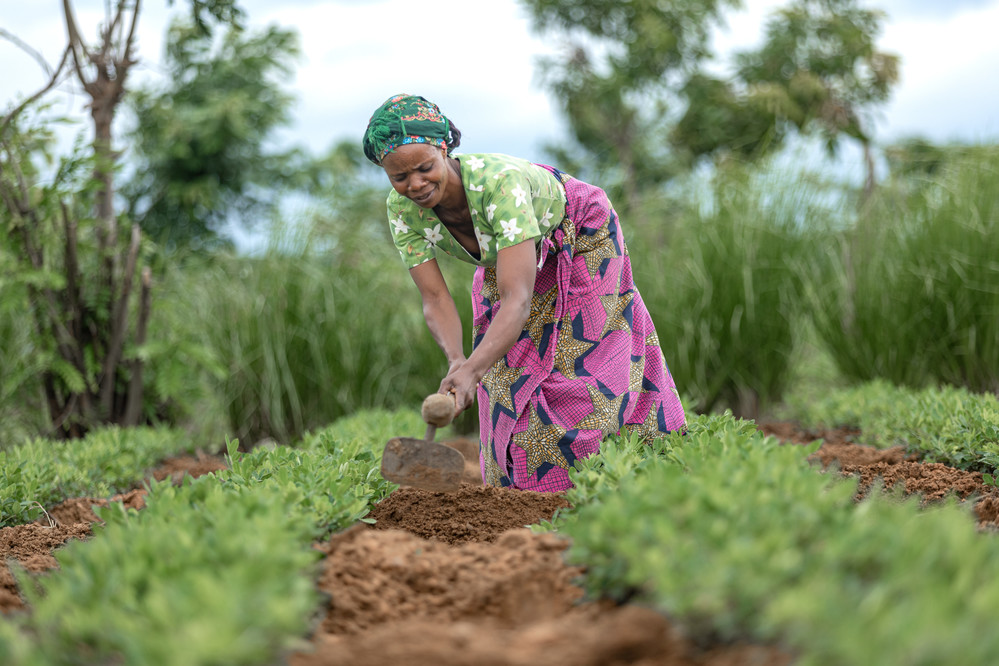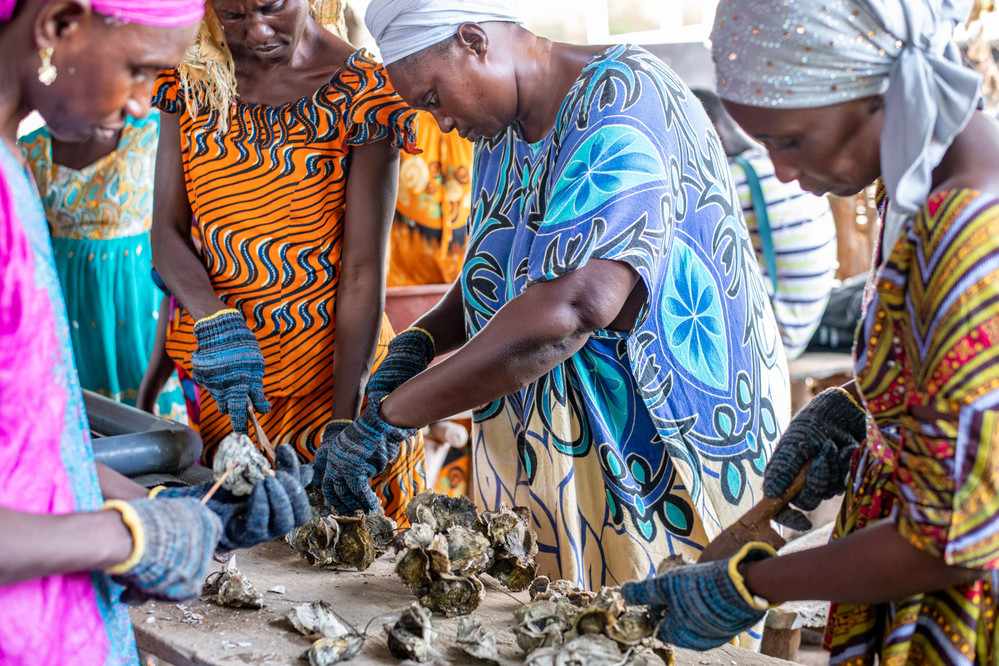In collaboration with OECD and APRACA, the SAFIN Secretariat brought together national development and agriculture finance institutions from across Asia and the Pacific in Bangkok, Thailand on 13-14 October to share knowledge and experiences in the use of blended finance to mobilize private capital towards agri-SMEs.
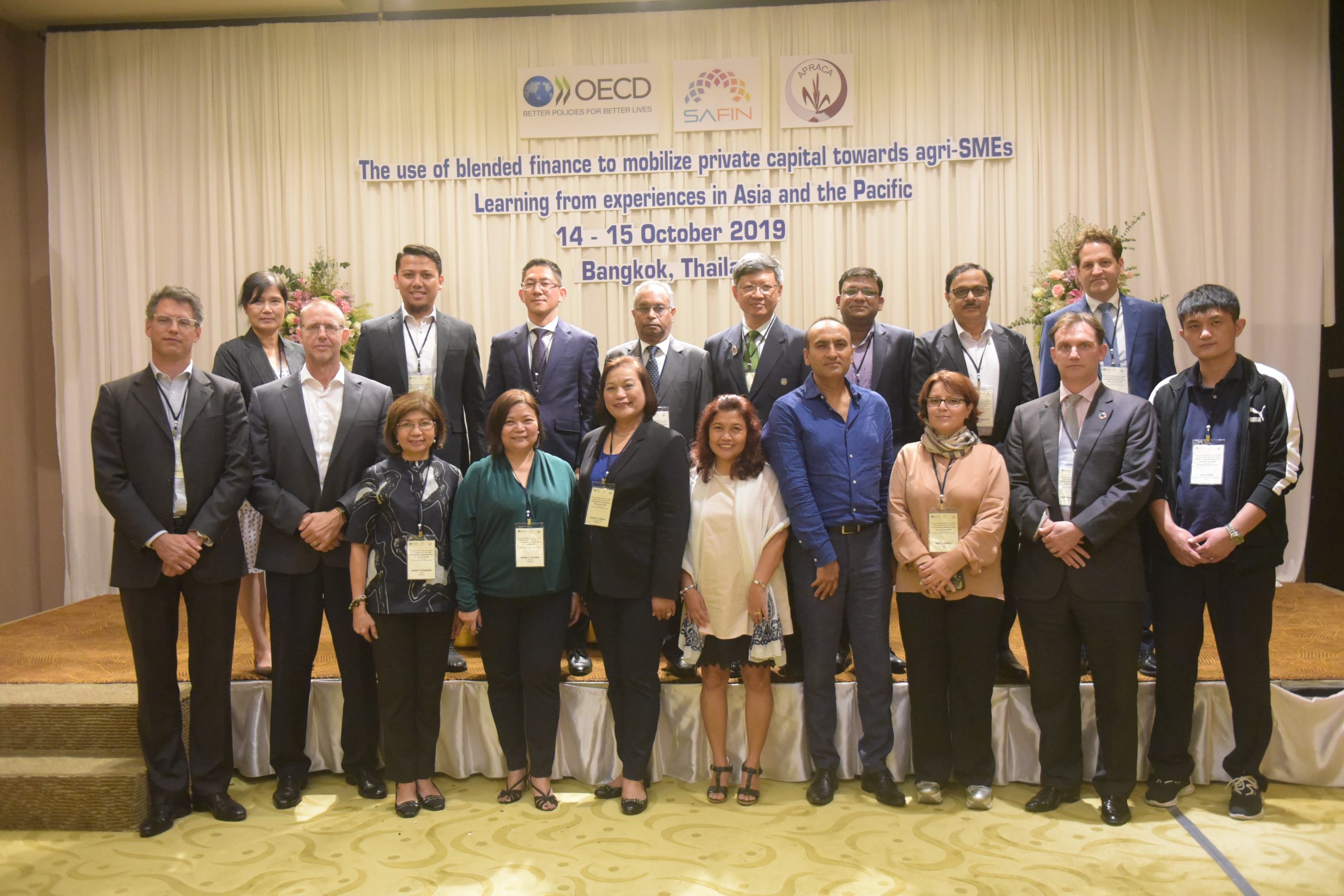
Participants at the second SAFIN regional workshop on blended finance and agriculture
Following a successful regional learning event on the same theme held in Nairobi, Kenya on 01 October, the two-day workshop was designed to validate the general findings of the SAFIN-OECD deep dive on blended finance and agriculture against the perspectives and experiences of institutions operating at the country or regional levels. Engagement with APRACA members in the region stemmed from the insight that many such institutions engage in structures and transactions that can be considered “blending,” but this work receives very little attention in the international debate on good policy and practice on blended finance, which is dominated by the experiences and perspectives of international institutions.
The event was organized around an introduction to key concepts, models, and trends in the blended finance market related to agriculture and agri-SMEs, followed by a series of participatory sessions informed by in-depth analysis of case studies from the region. Key conceptual and policy issues related to blended finance were presented by Lasse Moller, Senior Economist at OECD, while the main instruments, models and trends in its use globally and in the region were presented by Ladé Araba, Executive Director for Africa at Convergence. Yuri Soares, Unit Chief, Innovation Lab at Inter-American Development Bank and co-lead for the mobilizing finance work stream within SAFIN, gave an overview of the results of this work stream to date, including elements of the rationale for blending in the agriculture sector such as specific market and business model risks.
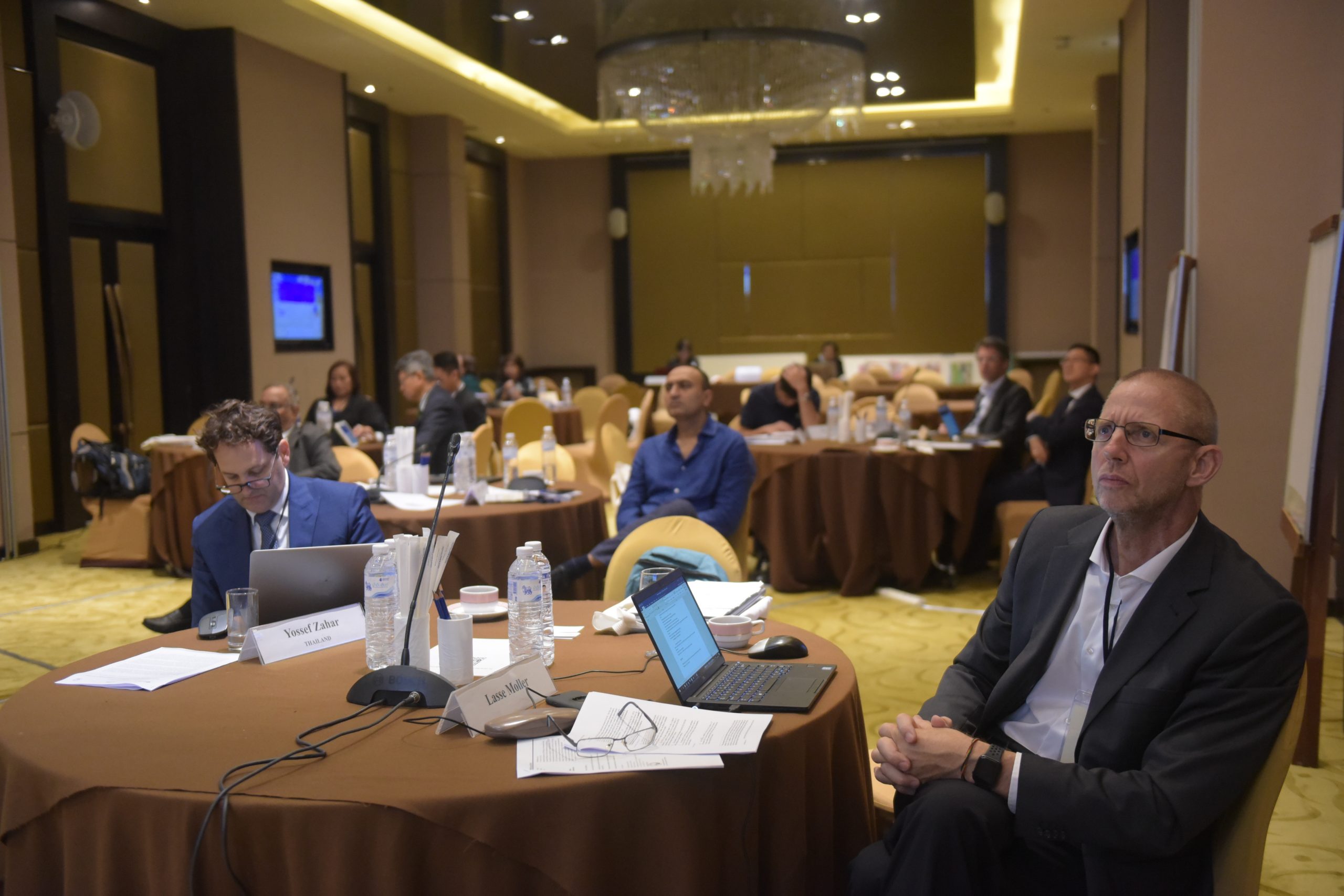
Participants at the workshop in Bangkok, Thailand.
Case study sessions were organized around different types of rationale for blending, corresponding to the prevalence of different structures or transactions. These included blending capital into vehicles or financial products to finance ‘green’ agricultural projects, blending for direct investments into agri-business and blended solutions to business model risks affecting specifically financial institutions targeting the agri-SME markets. These experiences from Asia and the Pacific will feed into the final report of the SAFIN-OECD deep dive to be released early next year.
Case studies discussed include:
-
The Tropical Landscapes Financing Facility in Indonesia presented by Iain Henderson, Managing Director of ADM Capital
-
The experience of Rabobank and USAID in blending for impact-oriented lenders in India presented by Rishabh Sood of Rabobank India
-
The AGRI3 Fund presented by Hans Loth of Rabobank
-
The Agricultural Guarantee Fund Pool of the Philippines presented by Filipina B. Monje, Senior Vice President at Land Bank of the Philippines
-
The Agri-Finance programme of CARD SME Bank presented by Maria Teresita Lacerna, Legal Advisor at ADFIAP
-
The experience of IFC and GAFSP in Bhutan presented by Philipp Farenholtz, Investment Officer at IFC.
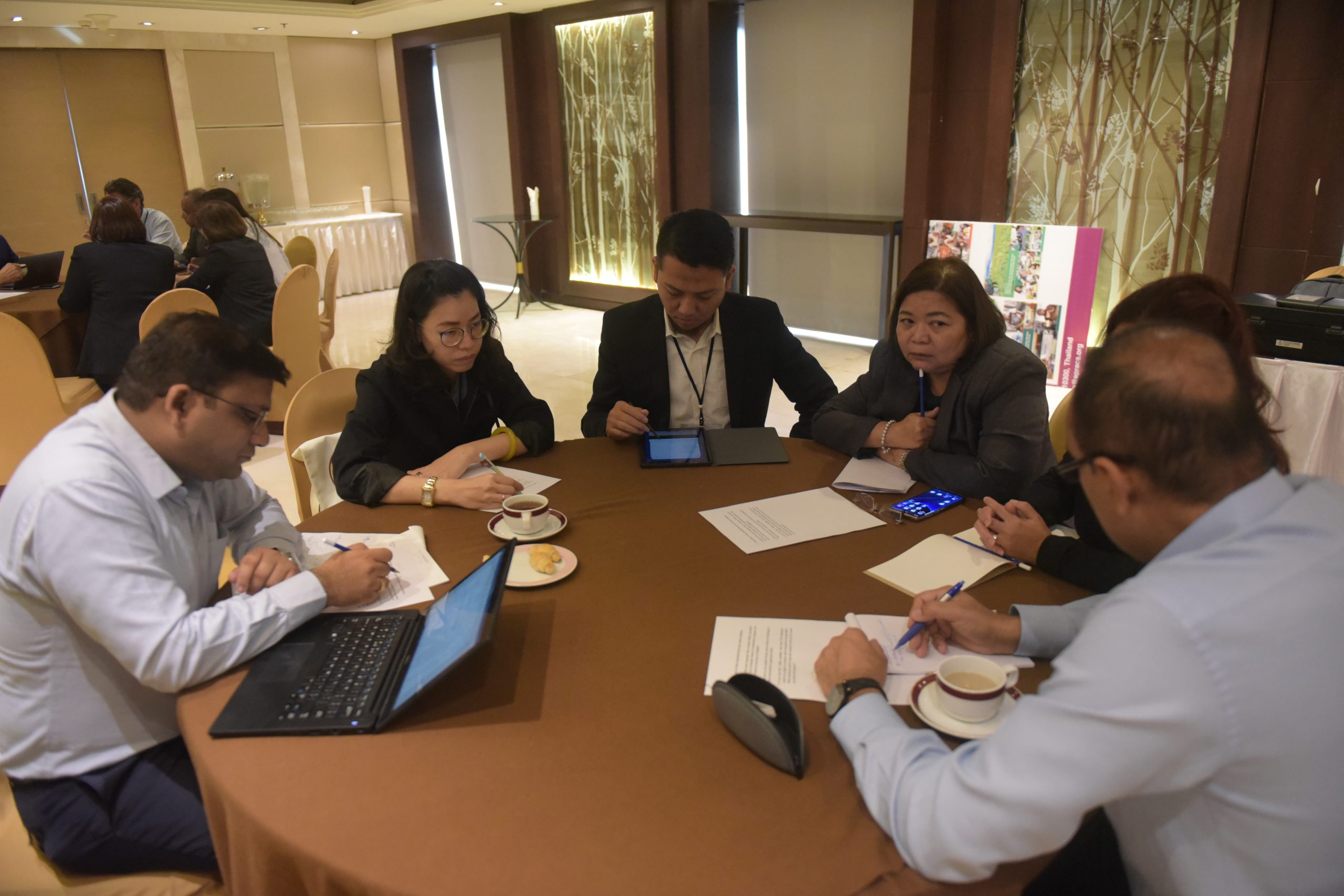
Participants exchanging ideas during a small group discussion session
Besides drawing lessons from the case studies, the workshop cast light on some important knowledge and capacity building needs among financial institutions operating at the country and regional levels in Asia and the Pacific, and a keen interest in building up capacity to engage more effectively in blending.
Key issues raised include the need for more quantitative data on the financial and impact performance indicators of blended transactions involving agri-SME investments, and the need to assess the appropriateness and feasibility of leverage instruments used by the public sector on a case-by-case basis. Participants also underlined that senior management within central banks in Asia and the Pacific are key targets for capacity building around blended finance if blended instruments are to be mainstreamed in the region. All these findings will inform planning on the next phase of SAFIN activities in the area of blended finance, to be implemented in 2020.
